Table of Contents[Hide][Show]
We have all been there. You see a pimple on you or someone else and are tempted to pop it. Even the language around popping pimples makes it seem fun, satisfactory or good for you.
With terms like “pop” “relieve” and “let the pressure out”, many are under the misimpression that popping pimples is good for you and falsely believe it is how you make pimples go away more quickly. So, what happens when you pop a pimple?
Are You Supposed to Pop your Pimples at Home?
As an esthetician, I perform extractions during facials and many reference this as proof that “even professionals do it”—so it must be the right thing to do, right? Nope. You know your home DIY pimple-popping looks nothing like a facial treatment. To compare these is like comparing brushing your teeth at home to going to the dentist for a cleaning.
There are differences between pimple popping and professional extractions. Professionals are trained, experienced, have appropriate tools and perform a customized skin care process. Could you learn this process and successfully do extractions at home though?
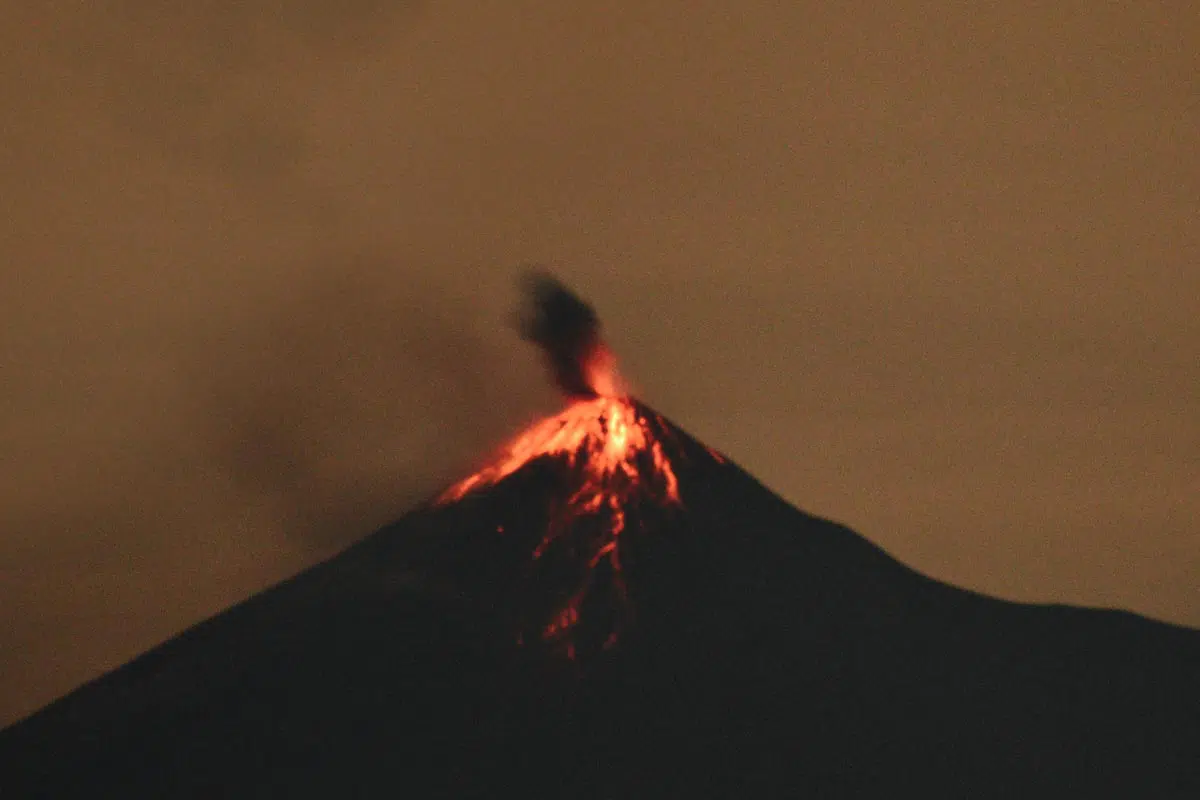
Why Is Popping Pimples Bad?
The process of pimple extraction is not rocket science. I believe everyone could learn it. However, even if you know exactly what to do, there are also the angle and pressure differences that occur when you work on yourself compared to working on another person. Your side-eyed squinting and awkward face-yoga while trying to pop your pimples is proof. You know what I am talking about. Popping pimples is not good for your skin, won’t create a healthy extraction, and, although you may pop the skin, you’re not doing yourself any good.
Honestly, I understand the compulsion from experience and I am certain with a little education and commitment I know you can stop if you want to. The first step is to understand why you are popping your skin.
We Pop Pimples When We Know We Shouldn’t?
You have heard repeatedly don’t pick at your skin, acne, or pimples. Yet, it’s one of things making your acne worse and a difficult habit to break. It can be addictive even. Excessive skin picking can be a sign that stress or other concerns in a patient’s life need to be addressed and may be a sign of a mental health disorder.
Excoriation disorder
One possibility is called excoriation disorder. This is a diagnosable condition where the patient has “repetitive and compulsive picking of skin which results in tissue damage”. This condition only affects 2-5% of the population though. Picking or popping is not always a sign of a larger issue. It could even be seen as a necessity in some instances.
Evolutionarily speaking, it is normal behavior to want to remove bumps from your skin because those bumps could be parasites or other things that need to be removed. To encourage us to remove these things, it makes sense we evolved in a way that removing bumps can sometimes be pleasurable. If you find it pleasurable but aren’t excessive, compulsive, and do not create wounds on you or others, then skin picking could just be an influence of normal evolution.
Just for fun?
Science shows another reason people can get popping pimple obsession. For these people, it’s less about picking the skin. Instead, it’s an addiction to witnessing the skin debris ooze out. These people tend to want to pop anything, including other peoples’ pimples. Why? It turns out, popping pimples or watching others do it can stimulate the nucleus accumbens, the reward center in the brain. When this is activated the brain releases the pleasure hormone dopamine.
It’s all about control.
This release of the pleasure hormone can be considered one of the main contributing factors to why people have a hard time stopping popping pimples, especially once they start. It’s helpful to consider this chemical reaction if you’re trying to stop popping pimples. If you realize this is your reaction, it is that much more important to stay away from popping any pimples no matter how “ready” they seem.
Once a dopamine release happens you are more likely to seek and find other areas of the skin to pick, hoping for another dopamine hit, possibly only stopping when your pain receptors kick in. If this is you, you’re less likely to stop once you start and should avoid picking at all costs.
Our fascination with pimple popping
A similar reaction can happen in response to watching pimples being popped. It is common, in a portion of the population, to get the same dopamine release from watching others pop pimples. This obsessive fascination with popping pimples has resulted in a huge phenomenon online of pimple-popping videos. [Warning: These videos can be excessive and may require a strong stomach to watch.] There doesn’t seem to be a harm in watching pimple popping videos. As long as you don’t try to perform them in real life. The dopamine response explanation may even help you understand your fascination.
In contrast, others find these videos to be repulsive and disgusting. For people with an aversion to pimple popping and other oozing things, a different part of the brain called the insular cortex is activated.
This part of the brain controls social emotions and will stimulate a person’s sense of disgust in response to skin oozing (pimple-popping). Scientists aren’t sure why some people react with an aversion and others have the compulsion to pop or watch skin oozing videos. Whichever you are may influence the likelihood of you having a pimple popping habit at home though.
Should You Pop Pimples?
I believe education is the key. If you understood what you are actually doing to the skin, what happens when you pop a pimple, and what is happening in your brain (as explained above) my belief is that skin picking and popping will be less appealing. After all, you are not “popping pimples” you are picking, rupturing, cutting, lacerating, scrapping, tearing, and ultimately excoriating the skin with your DIY extraction process.
If we even consider the word pop for a moment you can connect it to the synonyms burst and explode. If you visualize a small skin explosion as the same thing as popping a pimple, the awareness of the level of damage you are doing is more apparent.
What happens when you pop a pimple in the skin may surprise you and hopefully will help you curb this habit for good.
Why Is Popping Pimples Bad? What Are The Side Effects?
The skin is a stable but flexible outer covering that acts as a barrier, protecting your body from harmful things in the outside world. When you pop a pimple you are breaking the skin barrier, opening the skin, and spreading acne bacteria into the surrounding pores. This can result in a set of significant and undesired consequences.
Side effects of pimple popping can include bacteria spreading resulting in additional breakouts, rupture of the pimple under the skin leading to increased skin damage, scarring, lengthened time healing, infection, and pain. To avoid these, do not pop your pimples. Instead, apply ice, masks, and appropriate products to keep the skin moist for optimum self-repair.
So now you may understand what happens when you pop a pimple. If you have already popped a pimple it is now a wound on your skin, your body treats it similar to a cut in the skin and enters a set of skin repair stages. This process is layered and amazing. You could also learn how to repair damaged skin naturally to encourage the repair process.
The skin healing process
If your skin is cut, your body activates an incredible self-repairing process to maintain your protective barrier. Any skin openings need to be closed and repaired to prevent infections, bacteria, and viruses from entering the body.
So, to repair a skin opening your body responds with the multi-step wound repair sequence shown here.
1. Hemostasis [blood clotting]
After skin injury occurs, blood platelets are activated at the site of the wound and bond together to promote clot formation, stopping any blood loss. Platelets also release factors that attract immune cells into the wound to fight any possible infection.
2. Inflammation
During this phase, damaged and dead cells are cleared out, along with bacteria and other pathogens or debris. Inflammation, in this case, is a helpful and necessary step in the would repair process.
Inflammation is not a single act, it is a set of steps your body takes in order to sterilize the wound and prepare for tissue regrowth. If inflammation does not eventually subside, it can be an indication there is an infection or skin imbalance the body can’t handle on its own.
3. Proliferation [growth of new tissue]
Overlapping with inflammation is proliferation. In this phase, cells form new blood vessels, new tissue forms and wound contraction all occur. Cells rapidly multiply and provide cover by gripping the wound edges and contracting the new tissue to decrease the open area and close the wound.
4. Maturation [remodeling]
During maturation, collagen is realigned along tension lines, tissue matures and increases in mechanical strength and cells that are no longer needed are removed. If this stage doesn’t effectively stop, proliferation continues and a keloid, large raised scar, can result.
Additionally, you can try our products that help the skin restoration process be done quicker. Check it out.
Be kind to your body!
Understand what happens when you pop a pimple and how layered and complex the process of skin repair is. Depending on your genetics and the extent of your skin wound, the process could result in smooth repaired skin or leave you with an unsightly scar. Either way, repeated wounds in the same area, as is common with pimple popping, increases the likelihood of uneven wound repair and scarring. Scarring is difficult to correct and, in my opinion, is the primary motivation for many people to stop popping pimples.
Another motivation is to be kind to your body. Don’t be the cause of your own skin wounds. You do so many things to care for yourself, let’s add skin kindness to the list. Treat your skin with gentle loving-kindness, focus on healthy habits and have confidence in your body’s ability to heal itself. Your skin will thank you for it.
References:
The Role of Macrophages in Acute and Chronic Wound Healing and Interventions to Promote Pro-wound Healing Phenotypes
Wound healing
A Neuroscientist Explains Why We Can’t Stop Watching Pimple Popping Videos
Excoriation (Skin Picking) Disorder Statistics
Keloid
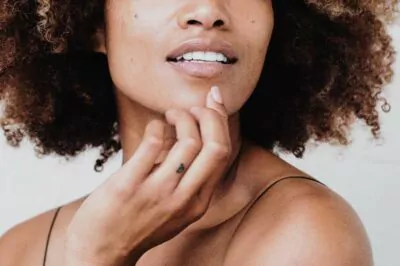

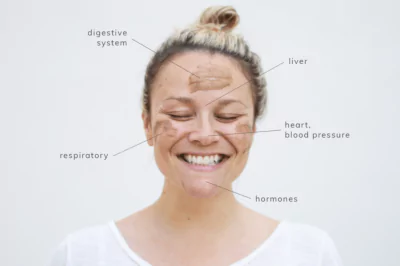
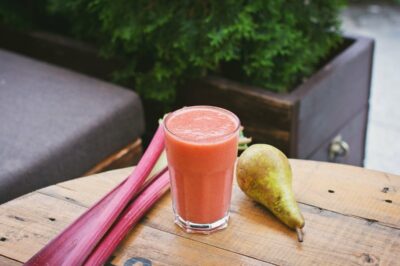
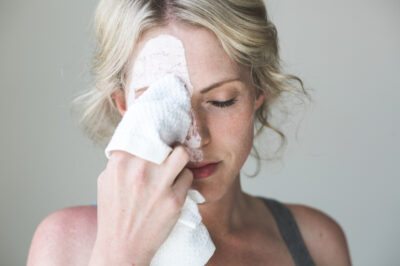
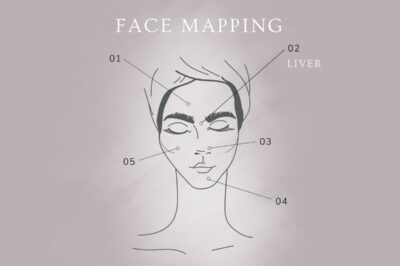
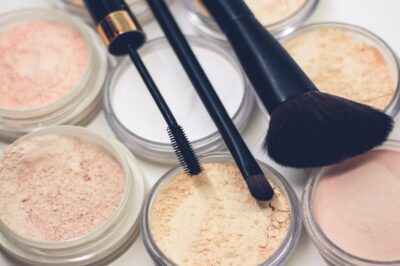
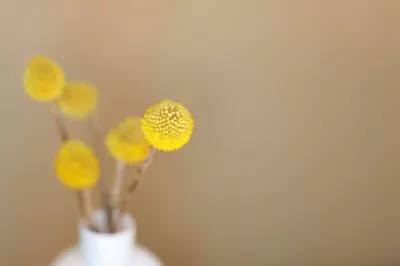
Leave a Reply